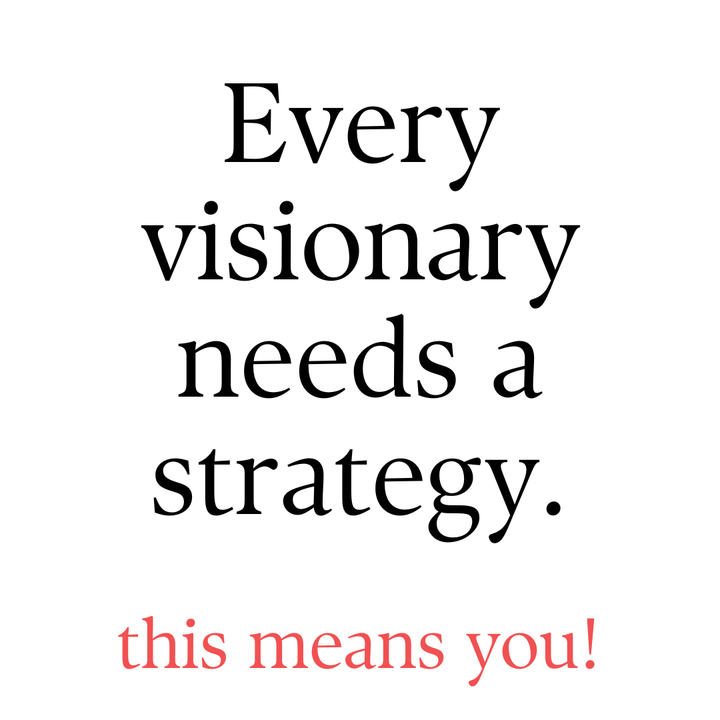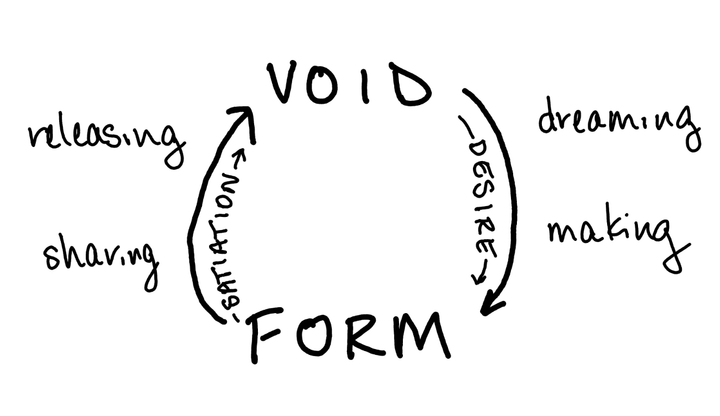Who invented habit tracking?
An informal continuation of Remember when habits were bad?
I’m still surprised that I can’t find much on google regarding how habit tracking was invented. It seems like the kind of thing someone would pitch a deep dive into, especially given how easy it is to find articles to the effect that “habit tracking changed my life.”
The fact that habit tracking doesn’t seem to have an origin story clearly available on the internet is somewhat frightening to me, as though this practice has always been around, as though it’s simple common sense.
While the term “habit” is clearly associated etymologically with the monastic garb, and monastics of course had very prescribed schedules of prayer and work, no one, to my knowledge, had any need to “track” these practices. They were just what you did within the monastic container.
(I am reminded of the koan, “Why do you put on your robe at the sound of the bell?” but perhaps that’s an exploration for another day.)
It occurs to me that “habit tracking” is perhaps an oxymoron—if something were truly a habit, there would be no need to track it. It would just be what you do. And of course, that’s the logic of habit tracking—that by tracking new “habits” for a period of time, eventually they become instilled. Perhaps “practices” would be a better word than “habits” for these not-quite-habits that we are attempting to track in the hopes that they will become habits. Or, “aspirations.”
I suppose that “tracking our way to an imagined, idealized future self” doesn’t quite have the same ring as “habit tracking.”
And wow, the term “habit tracking” has really taken off. Here’s Google Trends:

The regular spikes, of course, are in January of each year.
There is, of course, a similar trend with searches for habit tracking apps:

I wonder if the convenience of habit tracking with apps is part of the growth of this, now that it’s so easy to quantify everything about our lives.
At the same time, few things could be more analog than placing a check mark on a calendar, and many people do prefer paper habit trackers, which are often included in annual planners these days. When did habit trackers become so common in paper planners? I feel like it was after the rise of the habit tracker apps, which is interesting.
Did the popularity of this practice begin with Jerry Seinfeld’s advice, “don’t break the chain”? Surely others were doing a similar thing—using a regular calendar, not something called a “habit tracker.”
I just find it interesting that habit trackers are essentially purpose-built calendar variations, and they’ve increased remarkably in popularity over the past decade.
Is this a response to the increasing sense of precarity—the idea that we can track our way into security? (A futile bargain with the universe?) Is it another manifestation of a cultural drive toward optimization, maximization, whatever the cost?
Is it a way to project ourselves into the future? To imagine a future for ourselves that feels desirable instead of frightening?
(to be continued)


